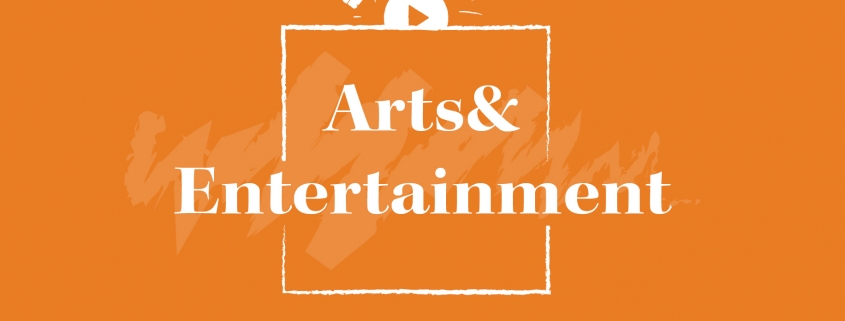A conversation with Ken Auletta
The New Yorker reporter Ken Auletta sat down with a handful of faculty and around 30 students to discuss writing profiles, the news industry and media bias Monday night. The speaker joined as a guest for Annenberg School for Communication and Journalism professor Mary Murphy’s “Entertainment, Business and Media in Today’s Society” class via Zoom.
Auletta’s works include profiles of Bill Gates, Rupert Murdoch and Ted Turner, the last of which won him the National Magazine Award in 2001. Outside of his time at The New Yorker, Auletta has written five national bestsellers.
A substantial part of the discussion revolved around the Harvey Weinstein sexual assault cases in 2017, and the knowledge Auletta gained as a reporter investigating the topic. After some information about survivors reached Auletta in 2002, he confronted Weinstein in an interview.
“I said, ‘Mr. Weistein, tell me about Rowena Chiu and Zelda Perkins,’” Auletta said. “He said, ‘What do you mean?’ I said, ‘Is it true that you attempted to rape Rowena Chiu and that Zelda Perkins later came to her aid, and they sued you, and you signed non-disclosure agreements with them and paid them a total of £125,000?’ … And at that point, Harvey just started to cry. He said if you run that story, it will destroy my marriage. And my three young daughters who are preteens, it will destroy their lives.”
Auletta and his editor at the time, David Remnick, decided that the story could not be published since the women wanted to remain anonymous. However, that changed in 2017 with the work of his colleague Ronan Farrow.
“[Farrow] actually had three women on camera by name [and] five women on camera, but shielded,” Auletta said. “And he had an audio tape of an Italian model who Harvey allegedly grabbed her breasts, but on tape he admitted he had. I said, ‘My God, you cracked the code.’”
After NBC turned the story down, Auletta recommended the story to Remnick. Farrow’s report was published six weeks later.
The Weinstein profile released by both The New Yorker and The New York Times, just five days apart, sparked a conversation about how the different stories complemented rather than competed with one another.
“They were generous to each other,” Auletta said. “They’re different kinds of stories and both led to the same thing: an exposure to someone who had raped and abused women and got away with it for many, many years.”
The conversation took a turn away from Weinstein toward President Donald Trump, the media and biased news. Murphy questioned the effects of a standoff between Trump and the news and how the phenomenon may harm or benefit the media.
Auletta said Trump has been given more attention to the news because it attracts more viewers. He noted that news companies frame Trump in a way that their viewership wants to see him, either bashed or praised.
“I don’t think we should be covering his daily briefings on the coronavirus when it’s basically just a standup routine for him,” Auletta said. “We should be hearing from scientists. And he just allows them on for a few minutes and then goes back to his rants and, oftentimes, fake information.”
He also commented on how the polarization of news in our current system affected the reporting about the virus.
“It is really distressing that people cannot agree on common sets of facts,” Auletta said. “For many months, you had people on Fox News saying the coronavirus was a hoax. It was fake news. And that set back our ability to marshall our forces to combat it.”
Afterwards, the class opened up to a Q&A portion where Autella addressed whether he believes reporters work on bias, passion or both.
“You can be passionate about something and not be biased,” Auletta said. “You say, ‘I’m going to write about the environment, I’m going to write what’s really happening, I’m going to go to the coal industry.’ You might have opinions about how coal is harmful, but if you’re a fair-minded reporter who’s interested in facts, you’re also going to say, ‘What happens to the coal miners if you get rid of coal?’ And that’s not a biased story, that’s writing the truth.”
Mandi Mikasa, a freshman majoring in communication, said she appreciated Auletta’s anecdotes regarding the Weinstein report and his outlook on the current news cycle.
“I really valued his opinions on everything that’s going on right now, especially the answer to my question about how [the coronavirus] is affecting the economy and how we’ll recover from that slowly but surely,” Mikasa said.

